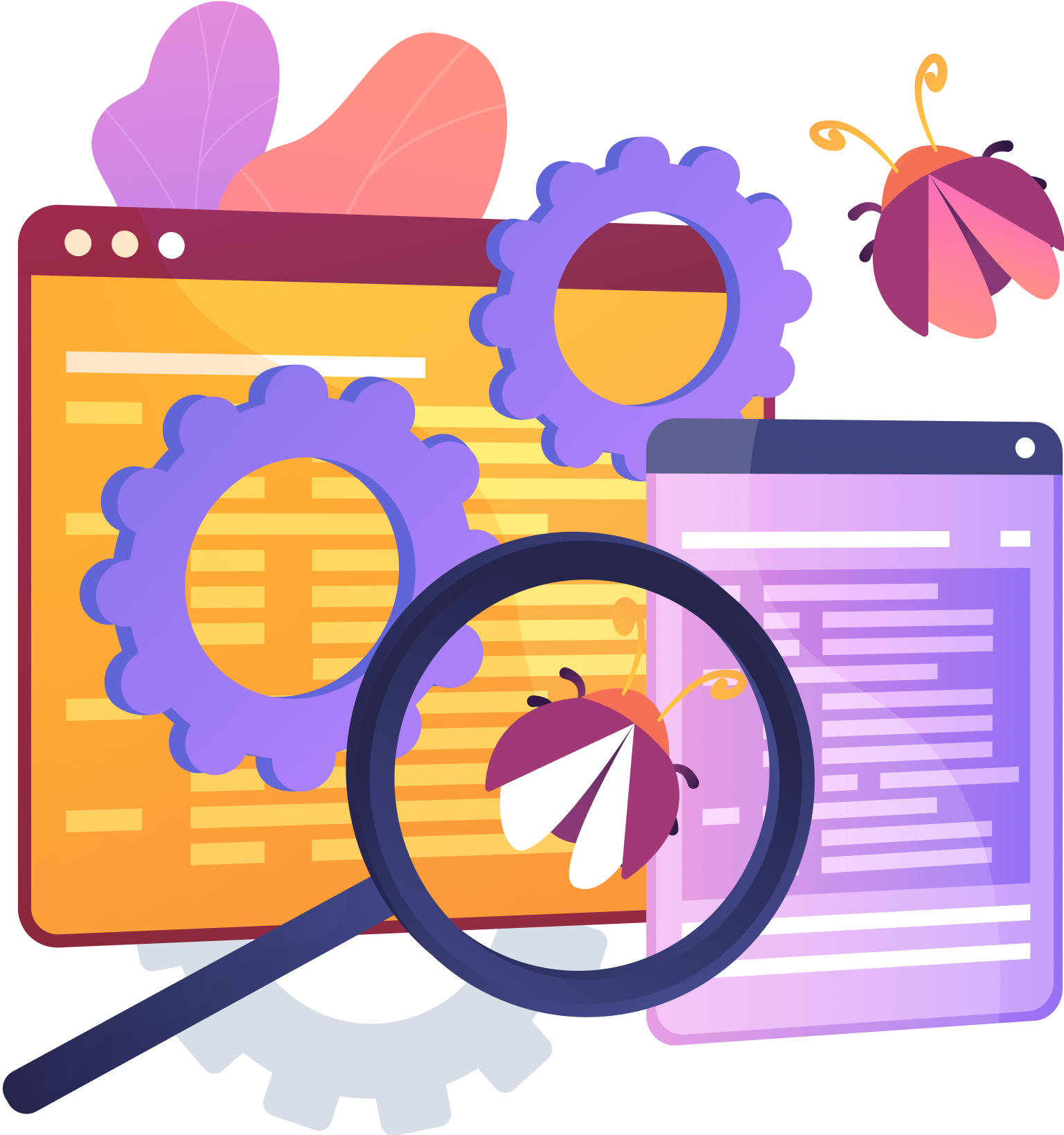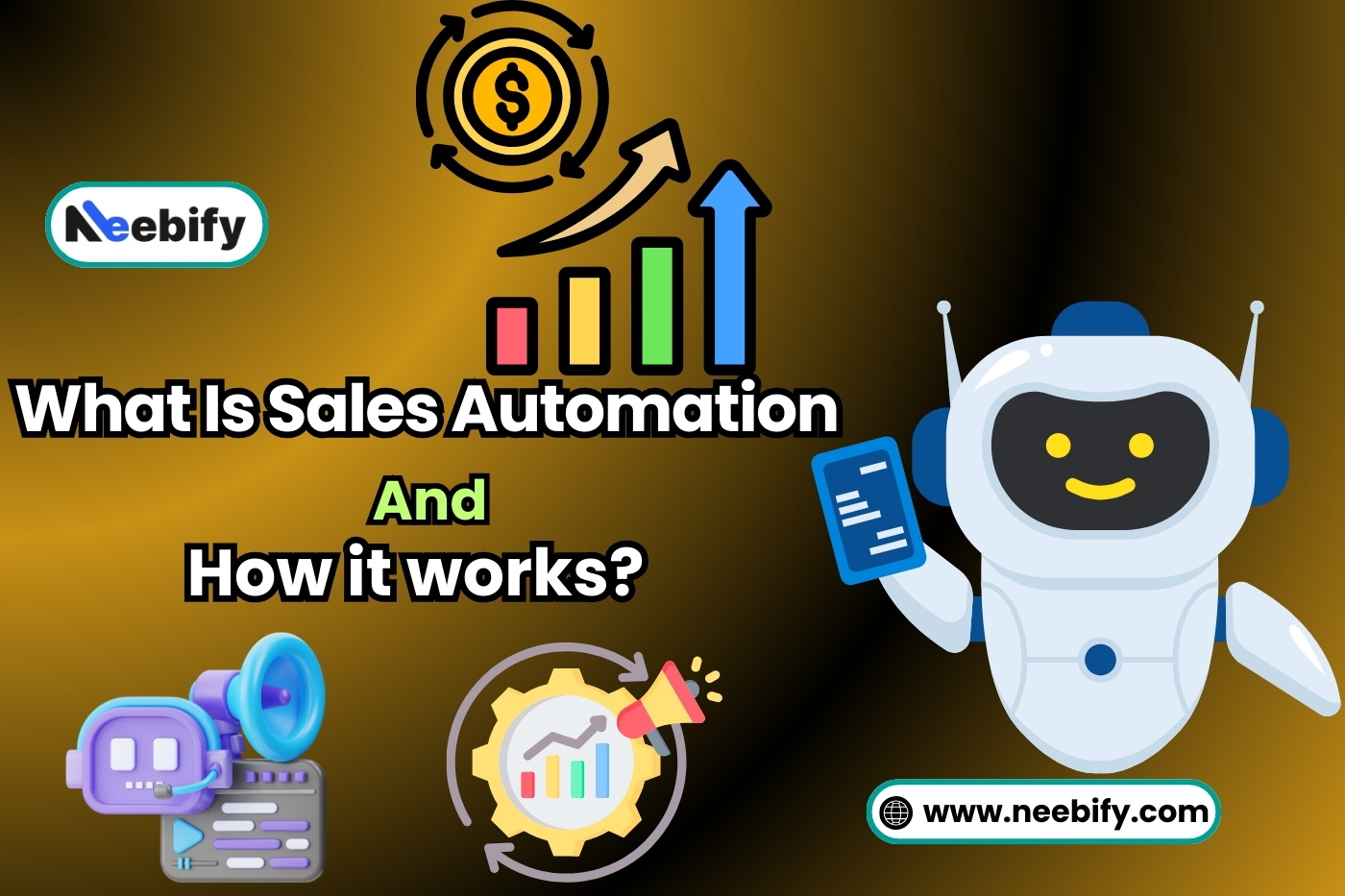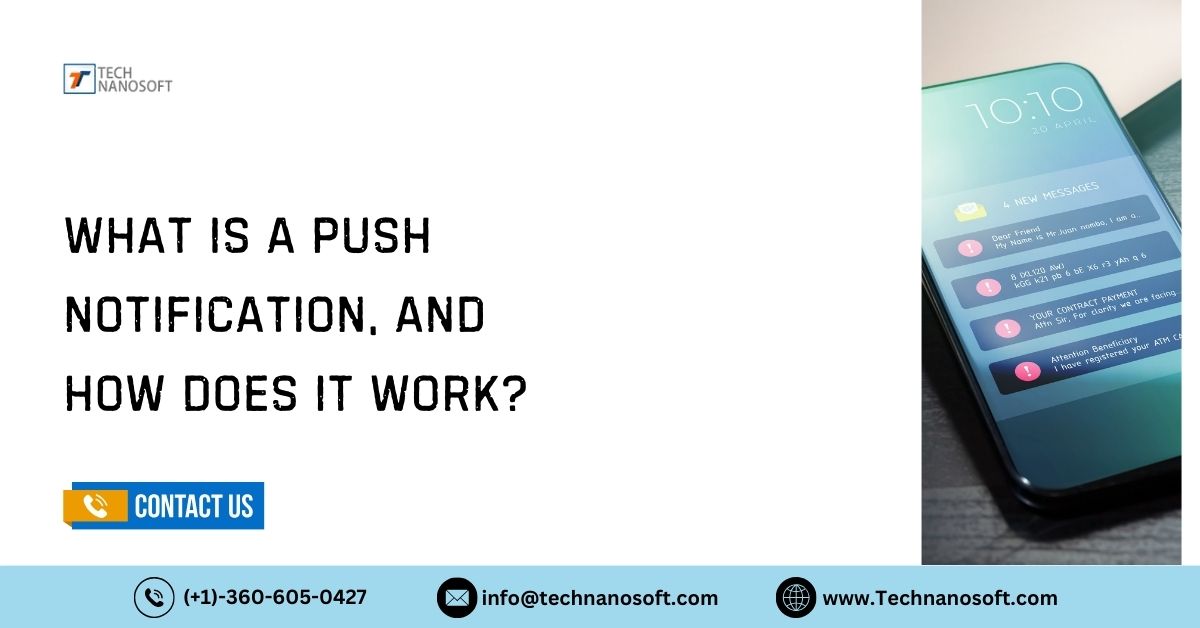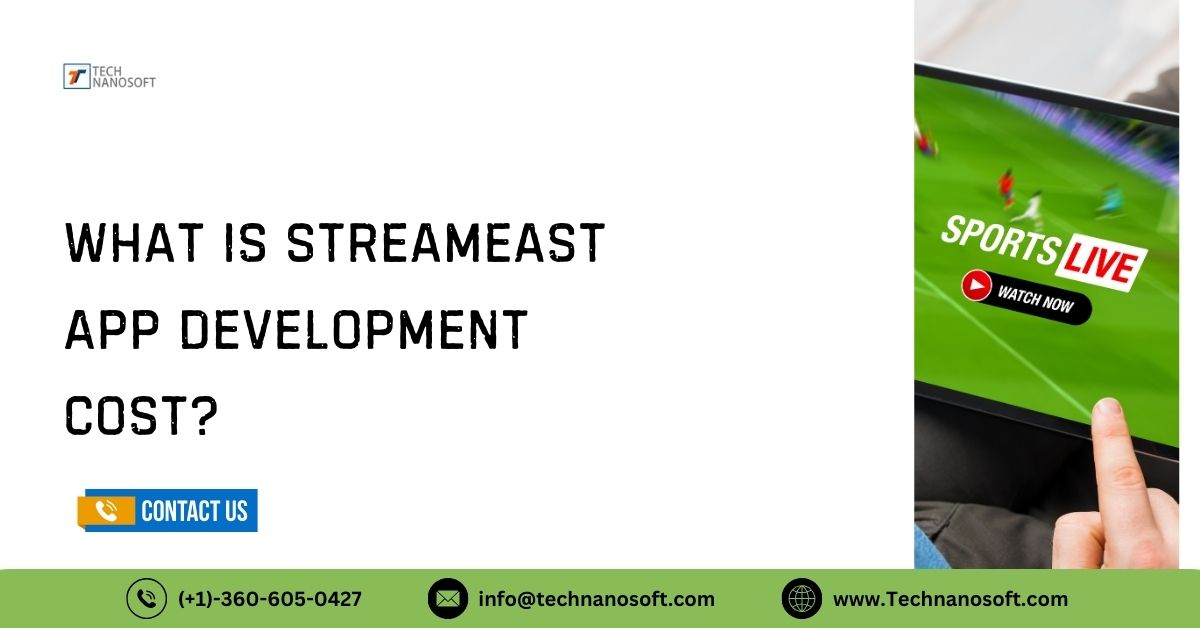Best Healthcare App Similar To The UnitedHealthcare
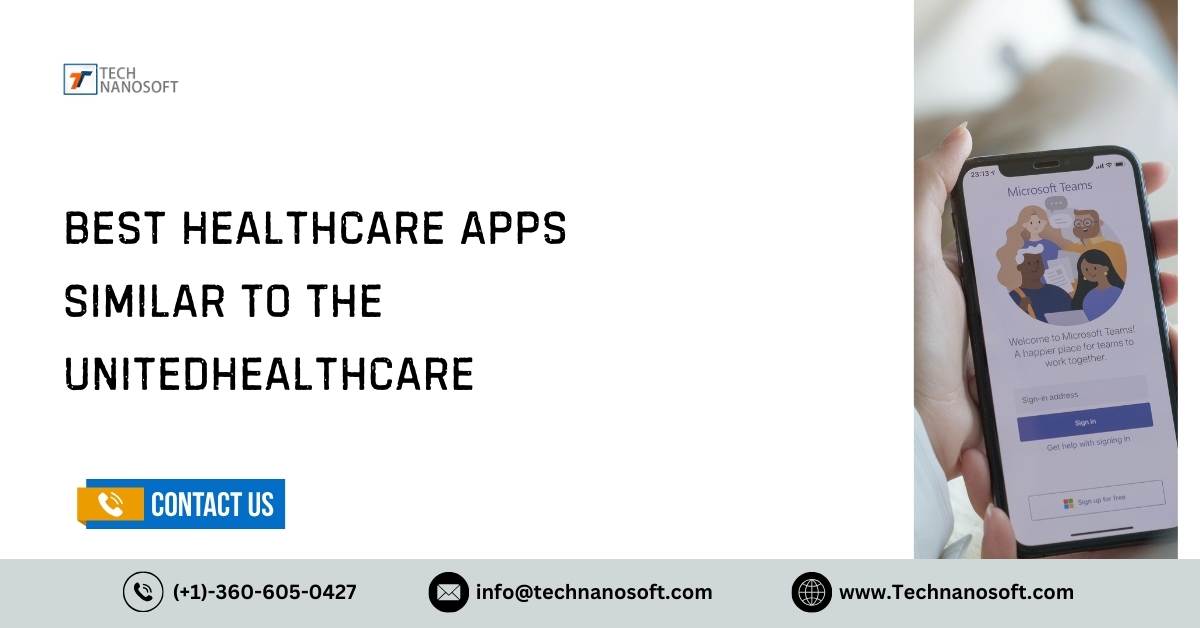
Technological developments have opened the door for radical changes in the quickly changing healthcare scene. Healthcare apps are one example of an innovation that has revolutionized how people manage their health and obtain medical treatments.
This extensive book will explore the nuances of healthcare app creation, emphasizing the essential characteristics and features shared by the well-known United Healthcare (U healthcare) app. Let's set out on a trip to discover the revolutionary possibilities of healthcare apps, from comprehending the functionality to overcoming regulatory compliance and integration problems.
What are Healthcare Apps, and How Does it Work?
Apps for healthcare are online platforms created to help with many parts of providing healthcare, such as making appointments, keeping track of vital signs, and retrieving medical records. These mobile apps give customers easy access to healthcare services anytime and from anywhere.
Personalized health information displays, online consultations, medication management, doctor search and consultation, wellness initiatives, claims and benefits management, and integration with health savings accounts (HSAs) are elements commonly included in a healthcare app's functionality.
HIPAA Compliance in Healthcare Apps Development
Ensuring that healthcare apps comply with the Health Insurance Portability and Accountability Act (HIPAA) is one of the most important factors to consider. Strict guidelines are required by HIPAA rules to ensure the privacy and security of patient health information.
Developers must follow HIPAA regulations throughout the app development process and have robust security measures to protect sensitive data. HIPAA compliance is essential and cannot be waived to establish user confidence and trust. This includes safe authentication procedures and data encryption.
Key Features To Build App Like united healthcare app
Personalized Health Data Display
Users may easily keep track of their lab results, prescriptions, medical history, and scheduled visits with the help of a personalized health information display. Putting dynamic visualizations and user-friendly dashboards into practice encourages proactive healthcare management and increases user engagement.
Online Access
By facilitating telemedicine services and virtual consultations, people can communicate with medical professionals at a distance, reducing distance barriers and enhancing access to care. Secure chat features and smooth video conferencing make online visits more convenient for patients and physicians.
Prescription Management
Refilling medications, scheduling medication reminders, and accessing thorough medication profiles are all made possible by effective prescription management capabilities. The prescription management process is streamlined by integrating pharmacy databases and automated refill requests, guaranteeing medication adherence and safety.
Search and Consultation
Using robust doctor search tools, users can locate healthcare providers based on availability, patient reviews, specialty, and area. Communication between patients and physicians is facilitated via secure texting and seamless appointment scheduling, which promotes collaborative care delivery.
Wellness and Awards Programs
Users are encouraged to take up preventative care activities and adopt healthy behaviors by integrating wellness initiatives and rewards programs. Features that provide gamification, such as individualized health challenges and prizes for reaching health objectives, encourage users to stay engaged and adhere to wellness programs over time.
Management
Healthcare reimbursement administrative procedures are made simpler by effective insurance claim and benefit administration. Users can conveniently and transparently follow claim statuses, view insurance coverage details, and request reimbursement through the App.
Combining HSAs with Integration
Users can watch their HSA balances, manage their medical bills, and make qualified purchases from the App thanks to a seamless interaction with HSAs. Secure transaction processing and real-time account synchronization guarantee financial transparency and regulatory compliance.
Step-by-Step Process to develop Apps Like United Healthcare Mobile App
Market Analysis
It is vital to do in-depth market research and user interviews to comprehend the workings of the healthcare app market. Developers can customize app features and functionalities to address particular user preferences, pain spots, and expectations by discovering unmet requirements and possibilities. This approach guarantees a solution that meets the demands of the target audience.
Objectives
To ensure that the creation of the healthcare app is in line with the requirements of users and stakeholders, it is imperative to establish unambiguous objectives and goals. The success of an app in the market can be attributed to its developers' ensuring its design and functionality are driven by a clear plan and by creating a compelling value proposition and differentiation strategy.
User Interface
Creating a user-friendly interface (UI) and smooth user experience (UX) is essential to improving the healthcare app's usability, accessibility, and engagement. Developers may enhance user happiness and guarantee a seamless navigation experience by refining the App interface iterative design reviews and rigorous usability testing.
App Development
Scalability, security, and interoperability must be prioritized while choosing the right technologies, platforms, and frameworks to provide a solid technical foundation for the healthcare app. Developers may guarantee that the App's features are supported efficiently by building a solid technical architecture, allowing for future expansion and improvements while preserving peak performance.
Elements and Skills
To succeed, a healthcare app must be developed with critical features and functionalities that offer consumers real value. To adequately address user needs, features including prescription management, appointment scheduling, telemedicine, and health tracking should be prioritized depending on user feedback and market expectations, emphasizing performance, dependability, and simplicity.
How Healthcare Apps Helps Patients and Providers
Safe Messaging
Secure messaging capabilities that allow patients to speak with their healthcare providers directly are frequently included in healthcare apps. In addition to requesting appointments or prescription refills, patients can use the messaging feature to discuss their health concerns and ask questions about medications and treatment options. Secure transmission of these messages guarantees patient privacy and complies with privacy laws such as HIPAA.
Telemedicine Services
Telemedicine services are provided by numerous healthcare apps, enabling patients to make virtual appointments with their medical professionals. Thanks to the App's integrated video conferencing features, patients can discuss treatment options, receive medical advice, and participate in real-time consultations from the comfort of their smartphones or tablets. Telemedicine services improve access to healthcare, especially for people who live in distant places or have limited mobility.
Making Appointments
Thanks to the appointment scheduling features frequently included in healthcare applications, patients can make appointments with their u healthcare providers straight from App. Once an appointment is scheduled, patients can choose their preferred dates and times, browse available slots, and receive confirmation emails. Features for appointment scheduling simplify the process of making medical appointments, cutting down on wait times and paperwork for patients and providers.
Prescriptions Management
Apps for healthcare can help patients effectively manage medicines. These applications allow patients to see medication lists, request prescription refills, and get adherence reminders. Patients also discuss medication questions or concerns with their healthcare professionals to ensure safe and efficient drug management.
Health Record Access
Patients can access their medical histories and electronic health records (EHRs) through healthcare applications. Patients can read diagnostic reports, test results, and therapy summaries directly from the App. Patients can use this access to monitor their health status, follow their development over time, and submit pertinent information to their healthcare providers during consultations.
Sharing of Health Data
To remotely monitor and manage chronic illnesses, certain u healthcare apps enable patients to communicate vital signs and health data with their healthcare providers. Patients can enter data, such as activity diaries, blood pressure readings, and blood glucose levels, into the App, which is then securely sent to their healthcare professionals. The provision of individualized care and proactive action are made possible by this real-time data exchange.
Health Information and Educational Resources
Patients can access health information libraries and instructional resources through healthcare applications to gain excellent knowledge about their medical issues, available treatments, and preventive care measures. To improve their health literacy and make knowledgeable decisions about their care, patients can access interactive content, videos, and articles that medical specialists have carefully chosen.
How Do Apps Integration with Electronic Health Records (EHR)?
Interoperability and smooth data interchange depend on integration with current healthcare systems, such as electronic health record (EHR) systems. Healthcare apps securely link with EHR systems through application programming interfaces (APIs) and established data formats, allowing bidirectional data flow while preserving data integrity and confidentiality.
Users may access their test results, treatment plans, and medical records within the App through seamless integration, which improves clinical decision-making and supports continuity of care.
How Does Transaction Process Work with Healthcare Marketplace?
Patient Interaction
Through the app, patients can request appointments, consult medical records, request prescription refills, and contact medical professionals. Benefits of developing Transaction systems like co payments, appointment fees, or payments for rendered services may be part of these interactions.
Processing of Insurance Claims
Users of the app can electronically submit insurance claims. Transactions between insurance companies and healthcare providers are involved in this. Patients may be able to monitor the status of their claims and communicate the information needed for claims processing with the app's help.
Payment Processing
If the app has payment processing features, users can pay bills and copays and make direct purchases of healthcare-related goods and services via the platform. Processing safe transactions is involved, and financial institution and payment gateway connection can be necessary.
Payments To Providers
Medical professionals can use the app to submit invoices for patient services. The app streamlines transactions between patients and their insurance companies to guarantee that providers are paid for their services.
Integration with Healthcare Marketplace
Users can compare healthcare providers, costs, and services thanks to the app's potential integration with healthcare marketplace platforms. Users may make well-informed selections by considering variables like price, availability, and quality. Transactions take place when users choose and pay for services via the app.
Data Exchange And Security
The app's transaction mechanism must guarantee the safe transfer of private medical and financial data. Encryption must be used, healthcare laws like HIPAA must be followed, and robust security measures must be in place to safeguard user data and economic activities.
Benefits For Emergency Patients From Healthcare Applications
Obtaining Emergency Information
Medical history, allergies, prescriptions, and emergency contact numbers are just some vital emergency data that may be stored in healthcare apps. Emergency responders or healthcare professionals can quickly obtain this data in emergencies, enabling them to make educated decisions regarding the patient's care and possibly saving valuable time and enhancing results.
Emergency Contacts Alerts
Many healthcare apps have special functions that let users name emergency contacts and set off alarms in an emergency. These alerts contain essential information like the patient's location and health status, which helps emergency personnel quickly find and help the patient. This would increase the efficacy and efficiency of emergency response activities.
Telemedicine Consultations
Healthcare applications with telemedicine services can fill the gap by providing remote access to medical advice and consultations in emergencies where rapid medical aid may not be readily available. Through encrypted video conferencing or messaging, patients can communicate with healthcare practitioners and receive prompt direction on managing their condition until they receive in-person care. This could reduce the severity of the problem and improve patient outcomes.
Medication Management
It's critical to handle prescriptions effectively during emergencies, and healthcare applications are essential for guaranteeing patients have access to the drugs they need. These apps, which include functions like refill alerts, medication lists, and medication reminders, assist patients in maintaining organization and making sure they have enough medication on hand, reducing the possibility of medication-related issues at crucial times.
Emergency Rooms Waiting
Specific healthcare applications offer up-to-date information about wait times for emergency rooms at neighboring hospitals, enabling patients and caregivers to make well-informed choices about where to receive urgent care. These apps allow users to select institutions with reduced wait times by providing information about current wait times. This may reduce the time it takes patients to receive emergency medical assistance.
Tracking Health
Patients can monitor their vital signs and symptoms with the use of healthcare applications that have health-tracking functions. This is especially important in emergency scenarios. Patients with long-term medical illnesses such as diabetes or heart disease, for example, can utilize these capabilities to monitor their heart rate or blood sugar levels. This allows them to exchange essential data with emergency personnel or medical professionals, leading to more efficient and individualized treatment.
READ ALSO- What are the QuickBooks add-ons and development processes?
Difficulties Of Outside Services in App- Scheduling Lab Tests
Some difficulties in integrating third-party services, including scheduling lab tests, have to do with data security, regulatory compliance, and technical compatibility. Developers must maintain data privacy and confidentiality when integrating external APIs and systems. Standardizing data formats, coordinating workflows, and overseeing authentication procedures across several platforms could provide difficulties.
Regulatory requirements, such as CLIA certification for laboratory services, may also restrict third-party integrations. Strong communication between healthcare and service providers is necessary to manage compliance difficulties properly.
How To Choose Right App Development Company For Success of Healthcare App
Choosing the proper app development company with the knowledge, experience, and resources to provide a high-caliber, user-focused solution is essential to the success of a healthcare app. When selecting an app development partner, consider technological expertise, prior project portfolios, industry experience, and regulatory compliance.
Work with a respected development team committed to providing creative, scalable solutions that revolutionize the healthcare industry, recognize the unique opportunities and challenges of developing healthcare apps, and prioritize user privacy and security.
Conclusion
By giving consumers easy access to medical services and resources, healthcare apps are revolutionizing how healthcare is delivered today and enabling them to take charge of their health and well-being. Developers can generate inventive resolutions that bolster patient involvement, optimize care distribution, and increase health consequences by emulating the salient characteristics and functionalities of prosperous applications such as the U Healthcare App.
Healthcare apps can completely change how we access and use healthcare services, which might ultimately result in a healthier, more connected future. This can be achieved with careful planning, strict development methods, and a dedication to regulatory compliance and data privacy.
FAQ's:
Q.1- What is an app for healthcare?
A- An application for smartphones or tablets called a "healthcare app" is a digital platform that offers a range of healthcare services and resources, including telemedicine, appointment scheduling, and medical information.
Q.2- Are apps for healthcare private and secure?
A- Reputable healthcare applications protect sensitive health information by putting robust security features like encryption and secure authentication in place and prioritizing user privacy.
Q.3- How can I use a healthcare app to contact my healthcare provider?
A- Healthcare applications facilitate seamless communication between patients and their healthcare professionals by providing secure messaging, telemedicine capabilities, and appointment scheduling.
Q.4- How access to view medical records using a healthcare app?
A- Many healthcare apps give consumers access to test findings and electronic health records (EHRs) to make educated decisions.
Q.5- How can I pick the best App for healthcare?
A- Consider compatibility, security precautions, customer evaluations, and features. Seek advice from your healthcare practitioner regarding recommendations that suit your needs.

